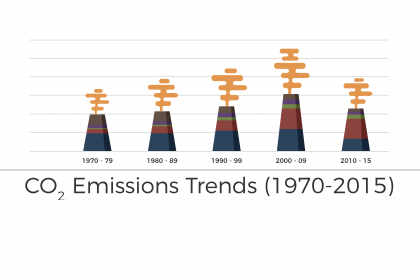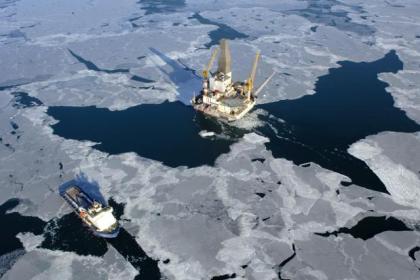Carbon emissions: from intention to action
November was a significant month for climate change negotiations: the Paris Agreement of 2015 came into effect, and at this year’s COP22, heads of state reaffirmed their commitment to a plan of action. Gateway House traces the history of climate change negotiations and CO2 emission trends over the last four and a half decades.




